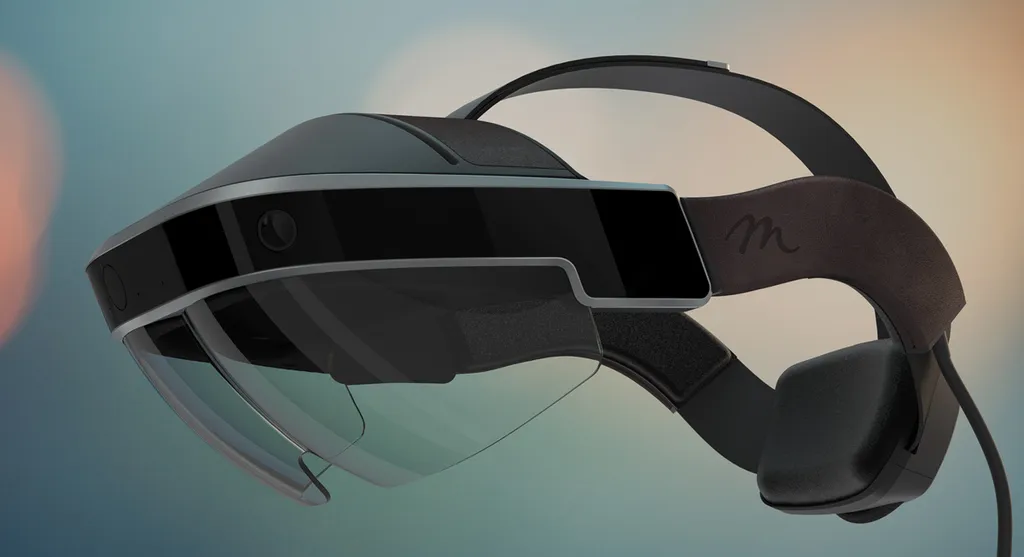Just under two weeks ago we reported that augmented reality (AR) company Meta’s latest HMD, the Meta 2, would be shipping soon. It’s somewhat surprising, then, to already hear about its upcoming successor.
But the Meta 3 has indeed been mentioned this week as the company has announced that it has raised some $50 million in a Series B round of funding. Participants include Horizons Ventures Limited, Tencent, Banyan Capital, Comcast Ventures, and GQY as well as Lenovo, a company that just last week revealed a phone that puts a big spotlight on AR itself. This money will be going towards fleshing out Meta in several ways, including the development of its “next generation” of its technology, which is specifically referred to as the Meta 3 in a press release.
Funds will also go towards building up software for the kit, and expanding the business as a whole. Meta is going to need it if it’s to really compete with other AR/mixed reality (MR) HMDs such as Microsoft’s HoloLens and the mysterious Magic Leap. It’s got undeniably promising tech on its side, but $50 million is a drop in the ocean to Microsoft and even Magic Leap’s considerable investment, which now reaches over $1 billion.
Still, company CEO Meron Gribetz is confident. In a statement he thanked new investors, noting that they “understand that the combination of our advanced optical engines along with our neuroscience-based interface design approach are what will create a computing experience that is 100x easier to use and more powerful than traditional form factors.”
Even with this news you may want to consider pre-ordering a Meta 2 development kit, as its successor is likely to be some ways off yet. The device can be picked up from an official website for $949, and includes a 2560×1440 display resolution showing images in a 90 degree field of view (FOV). A small group of Alpha developers are to be the first recipients of the device. They’ll get to work creating apps for it that we’ll hopefully one day see in a full consumer version, though any hint of that is some ways off no doubt.
Hopefully the Meta 3 will be able to improve upon the already impressive FOV and resolution for the kit, but there’s no hint of exactly how the company plans to step it up just yet.


























